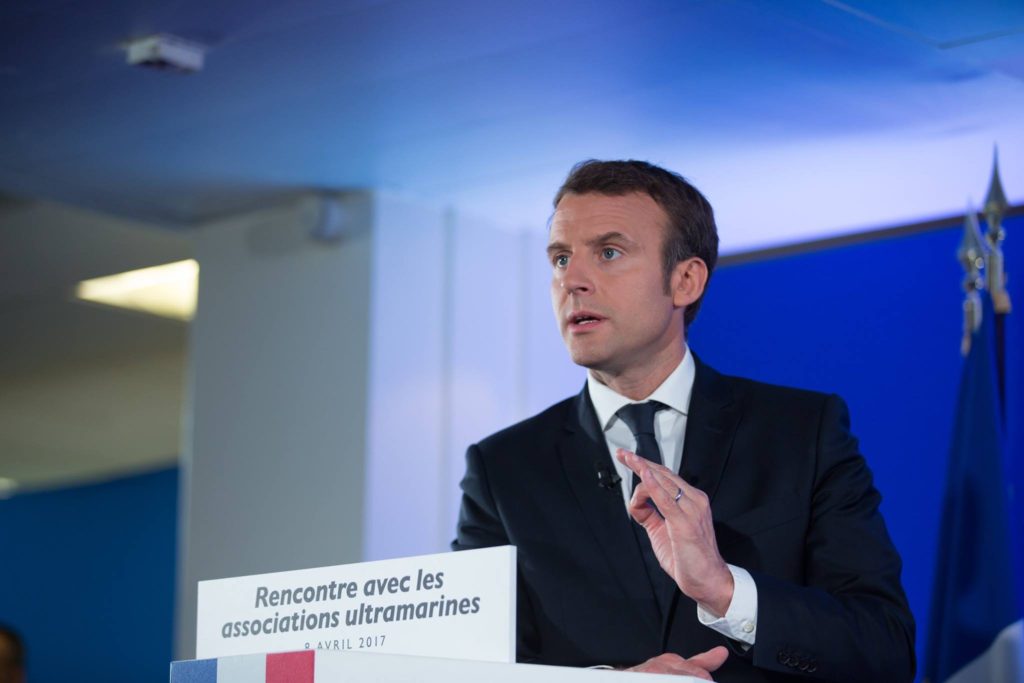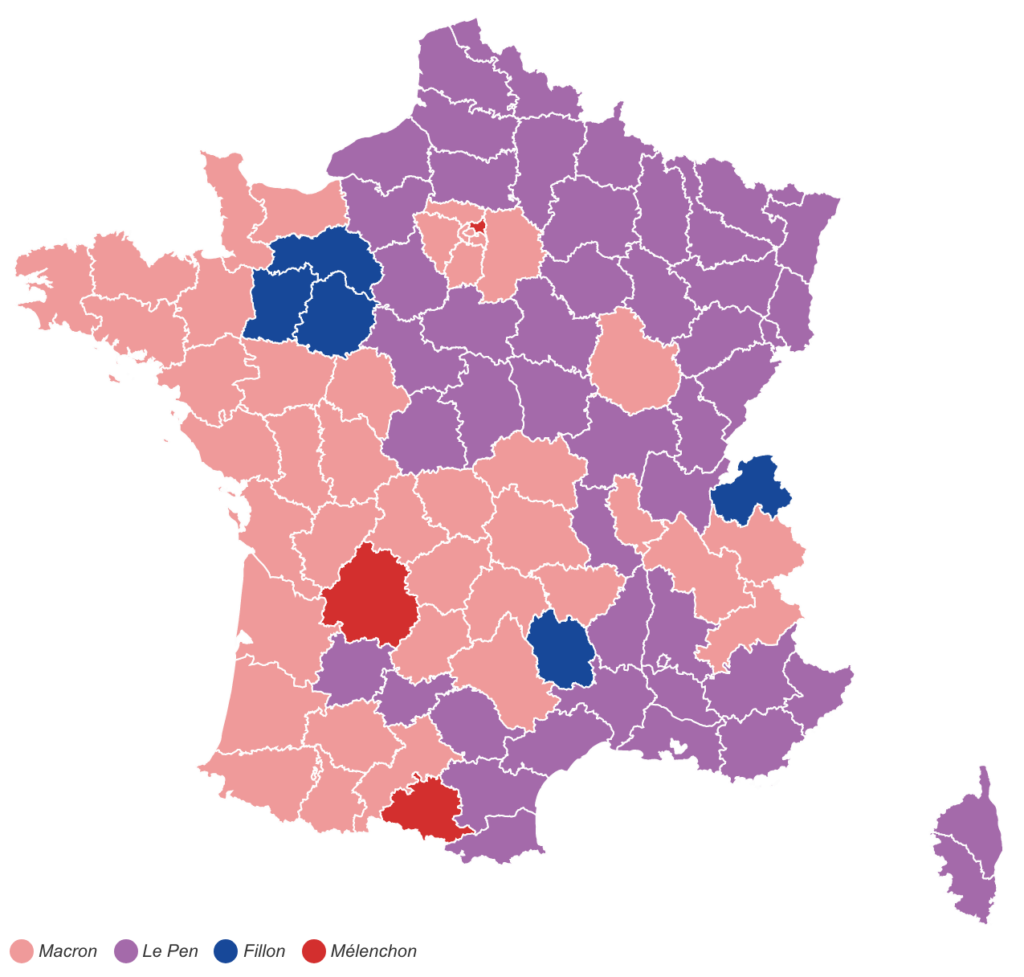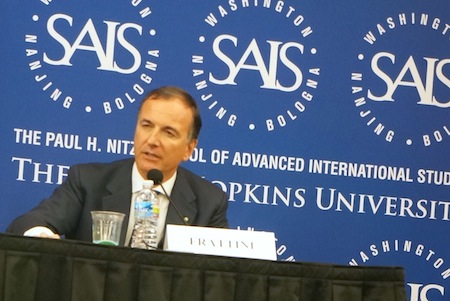
After a roller-coaster presidential election, the first-round results came with little surprise — almost exactly as pollsters predicted.![]()
French voters will choose in a May 7 runoff between two presidential contenders who increasingly embody the two dominant political views of the 2010s: cosmopolitan liberalism and protectionist nationalism.
The frontrunner, Emmanuel Macron, is a former economy minister who got his start in politics under outgoing president François Hollande and a former member of the Parti socialiste (PS, Socialist Party) running as an independent centrist under his formed En marche movement.
His opponent is Front national leader Marine Le Pen, who is waging a hard-right nationalist campaign opposed to globalization, European integration, immigration and the creeping influence of Islam on secular France. Though they may not carry the banners of the two major parties of French politics, in key ways, Macron and Le Pen represent less rupture and ‘more of the same.’
2017 runoff set to unfold much like 2002’s election
Almost certainly, French voters will choose Macron as their next president by a wide margin in 15 days — he has held a consistent and durable polling lead of more than 20% against Le Pen.
The third-placed candidate, former conservative prime minister François Fillon, of Les Républicains, has already endorsed Macron in the runoff (though former president Nicolas Sarkozy, sharply, has not). So has Benoît Hamon, the official Socialist candidate, and Hollande followed suit today. Former prime minister Manuel Valls, the runner-up to Hamon for the Socialist nomination in January, had already endorsed Macron in the first round. Hard-left candidate Jean-Luc Mélenchon has not yet endorsed Macron over Le Pen, but Pierre Laurent, the head of France’s Communist Party, has already done so.
 Continue reading Why France’s election result is still ‘more of the same’
Continue reading Why France’s election result is still ‘more of the same’


